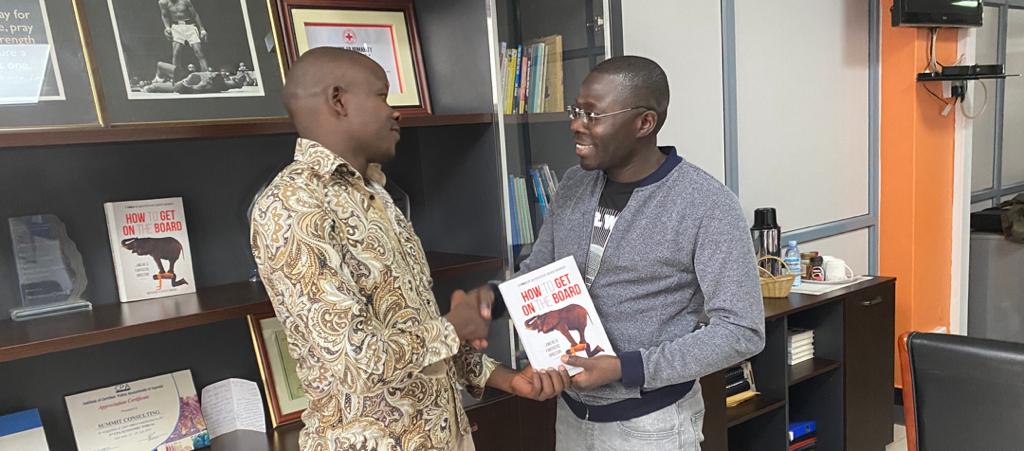Jim Drani Drileba is the Manager of Risk Advisory Services (RAS) with BDO East Africa, a specialistaudit and consultancy firm. Jim also headed the Internal audit department at Lacor Hospital before moving as the Director of Business risk and compliance with Mazars BRJ. He met with Mustapha B Mugisa and shared his journey in the risk and investigation.
Jim says if you are a person who is professional with integrity and humility, you succeed. Time management is critical in our profession. Dress for the part. And lastly, write well.
Tell us about your journey. How and where did you start and where are you now?
I am called Jim Drani. My journey in fraud investigations started with Internal auditing at LacorHospital, the second biggest hospital in Uganda. I started as Internal Auditor Trainee, grew through the ranks to heading the department.
The hospital environment provides the platform for all kinds of operational challenges and fraud. When it comes to billing, this is where lots of work is. Also, a hospital is labor intensive, with over 600 staff. In terms of infrastructure, a hospital owns lots of equipment. This environment provides good environment for training.
From my background in the hospital, I find my work fulfilling as Manager, Risk Services at BDO East Africa.
In your profession, how much of your success is attributed to good parenting vs luck?
I attribute my success more to good parenting. This is what provides one the ingredient of ethics and integrity, as well as respect. These are skills which have been instilled in me by my parents.
I have undertaken investigations where we have respectively disagreed with the suspects who were finally convicted based on the facts in my report. This is not luck. Some one after such incident, they greet you because they know you were doing your work and they were caught on the wrong side.
Unlike some investigators who may take their suspects by surprise, my approach is to give an opportunity to the suspects to clarify on the facts collected so that work done is objective. And that is the essence of an investigation – conducting an objective inquest based on facts and not opinion, feelings or hearsay.
What top two skills would you say one must master to succeed and why?
The skill of professional skepticism where only facts determine the truth in any investigation. If I am assigned to investigate a matter, many suspects may be involved. And by default, people will say they are innocent. My approach is such that their innocence can only be proved based on facts at hand.
Then you need people management skills.
Where you have mutual respect for everybody you meet irrespective of their positions mentioned or not. For example, you travel to a new place and meet a floor cleaner – do you just bypass, or you say hi because such a person could provide you the much-needed tip. For the example, security guards have all the information about the business, who comes in at what time and the key information you need to connect the dots in your case.
As a leader, how do you identify and prepare a successor?
This is one challenge we need to deal with for this generation.
The young generation is quite impatient. They want to achieve so much within a very short term – which is a given because they have the resources at their disposal – e.g. from online sources. But there is a key difference between qualifications and experience.
On my team, there are people when given a task, they do not settle until it is solved. Such people are always willing to go an extra mile to provide a helping hand consistently. They demonstrate hunger to learn. They are self-driven. Always asking questions and are willing to take risks.
If you are to share one life’s lesson: what would it be? Why?
Self-belief. Many people lack self-esteem.
You have seen people who begin by apologizing. Explaining all their problems and you wonder whether to continue with such people or not. I think, someone with self-belief, will focus more on their positives so that they are a good company and given opportunity to try.
Self-belief gives you the ability to speak to power when you know it is the right thing to do. And that is how I became a key resource person for LacorHospital Board of Directors – presenting facts they need to know but which they have been presiding over. That way, they were able to transform the hospital by fixing them.
What is your biggest fear and why?
Failure.
I fear failing to meet expectations. For example, I promise to undertake a task, but fail to complete without justifiable reasons.
As a professional, such is not good as you become unreliable.









